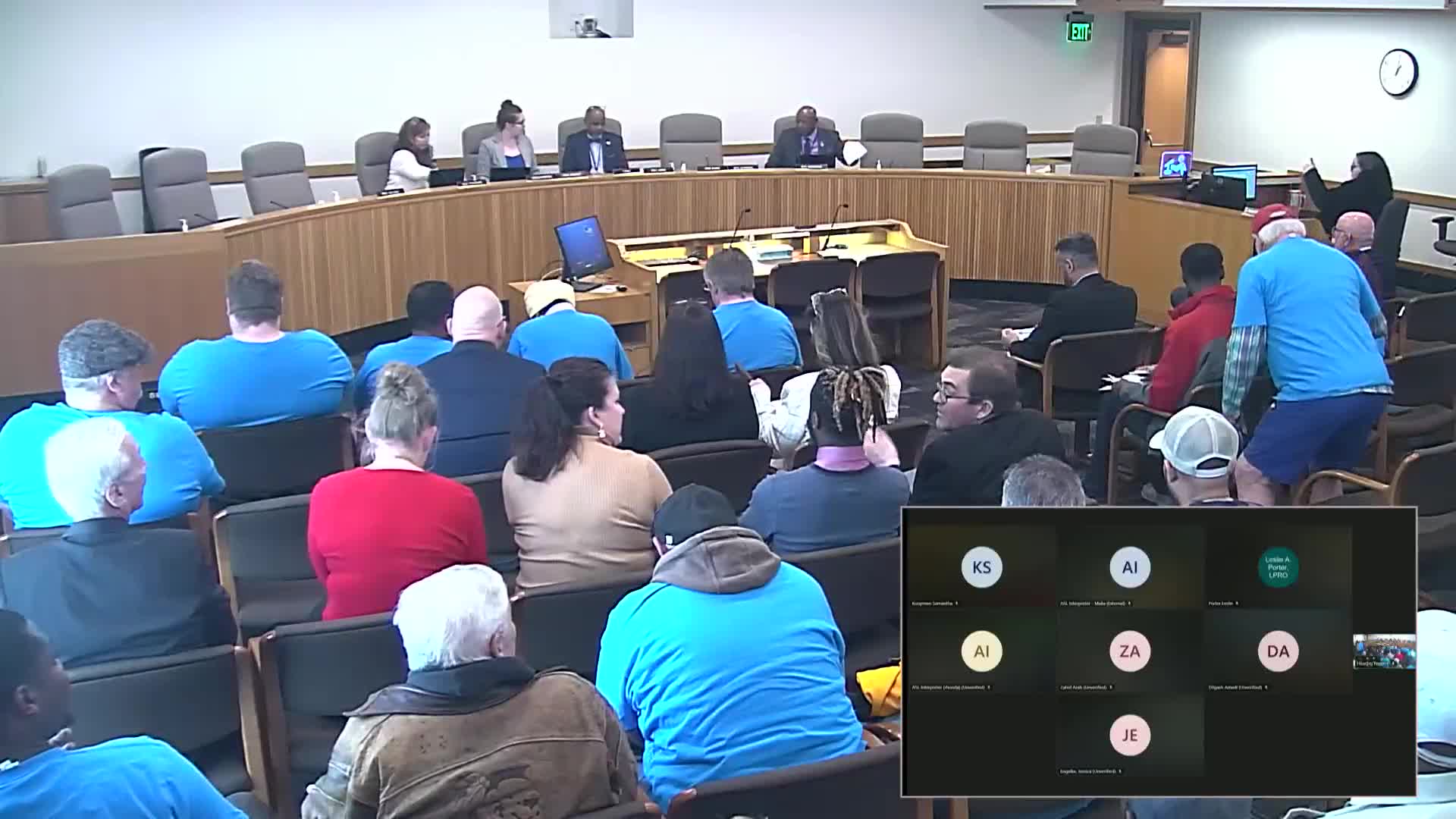Article not found
This article is no longer available. But don't worry—we've gathered other articles that discuss the same topic.
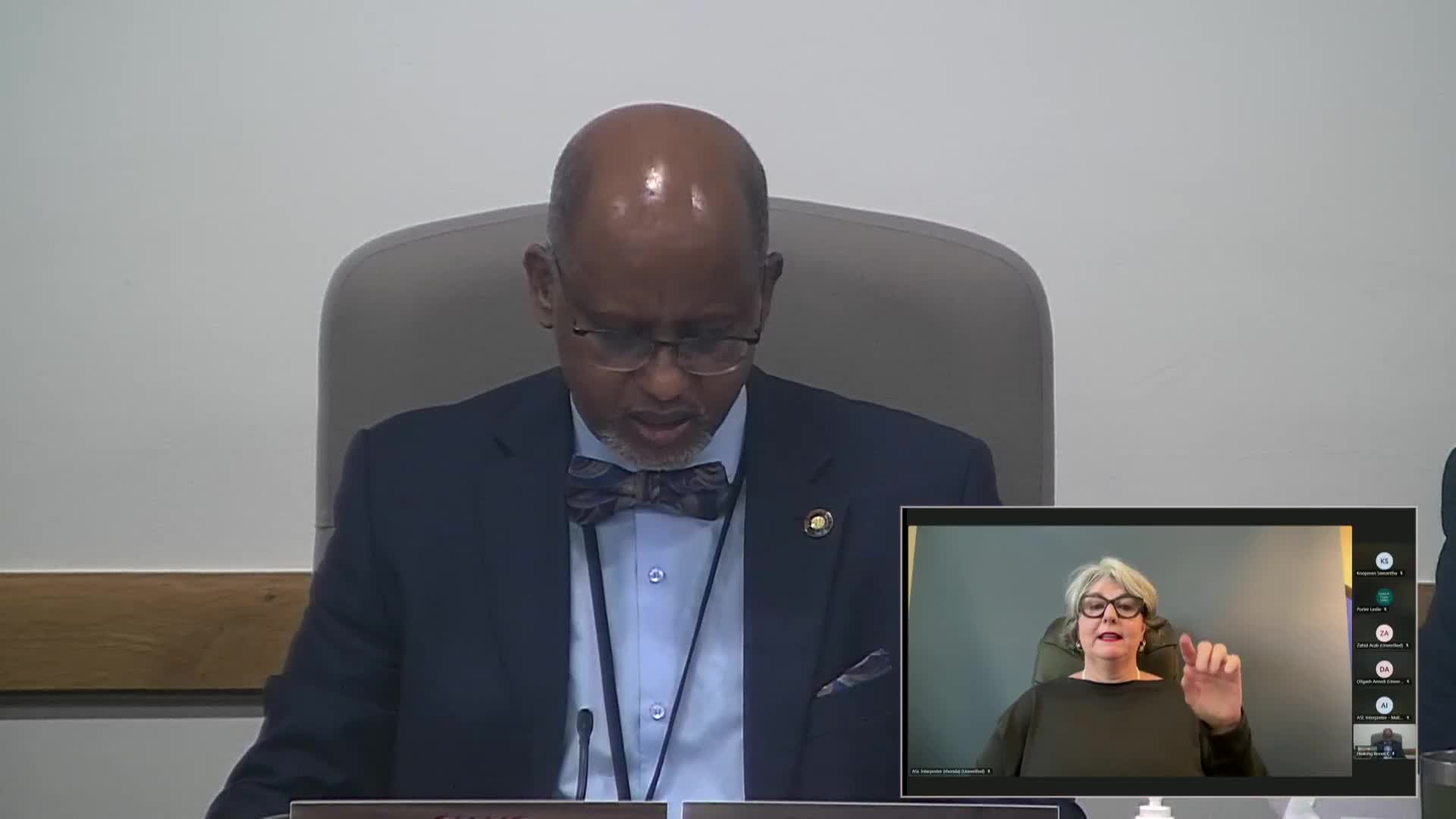
Lengthy committee hearing on rideshare protections highlights driver safety, pay and deactivation disputes
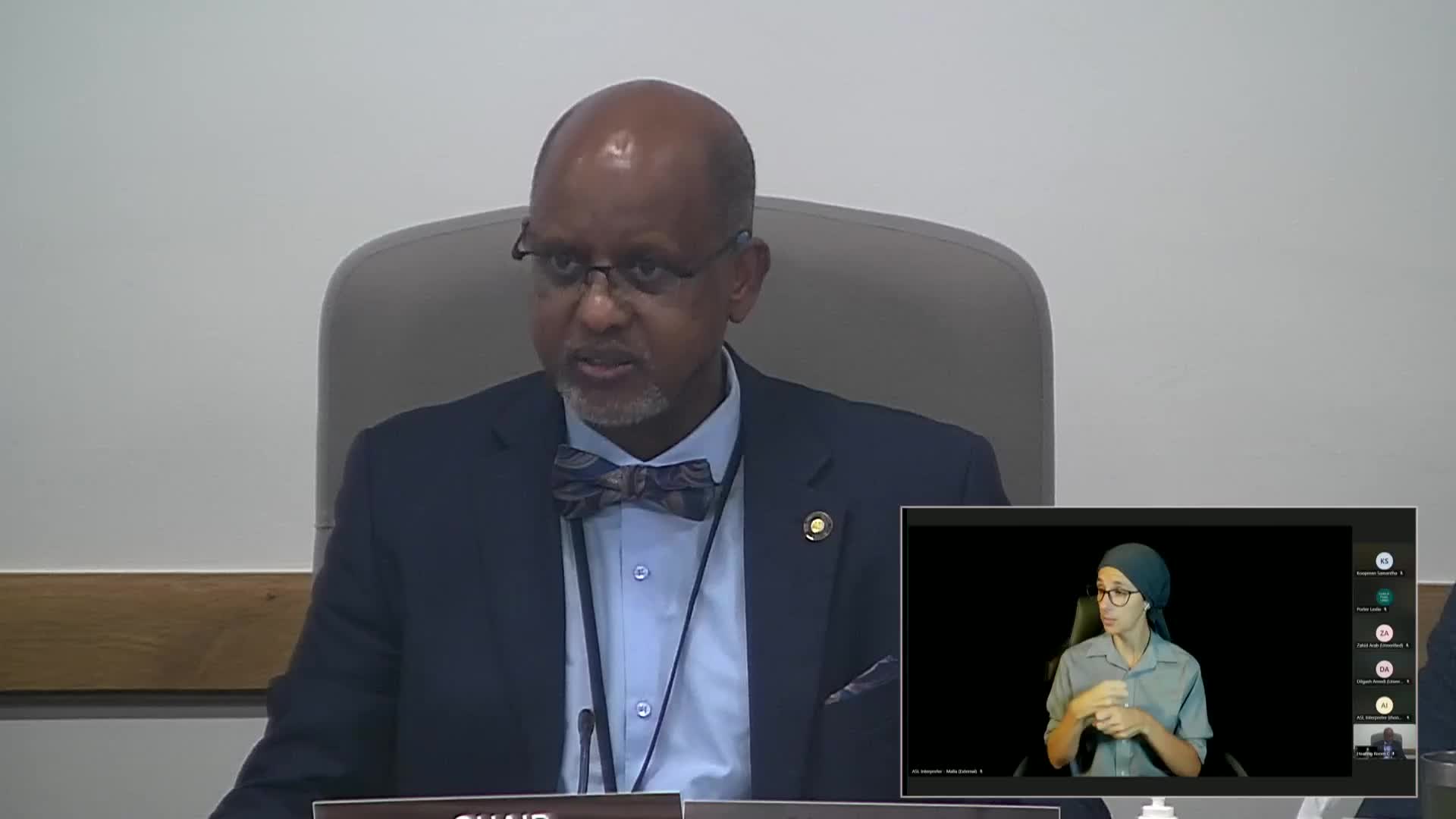
Committee advances bill requiring timely online posting or provision on request of election filings
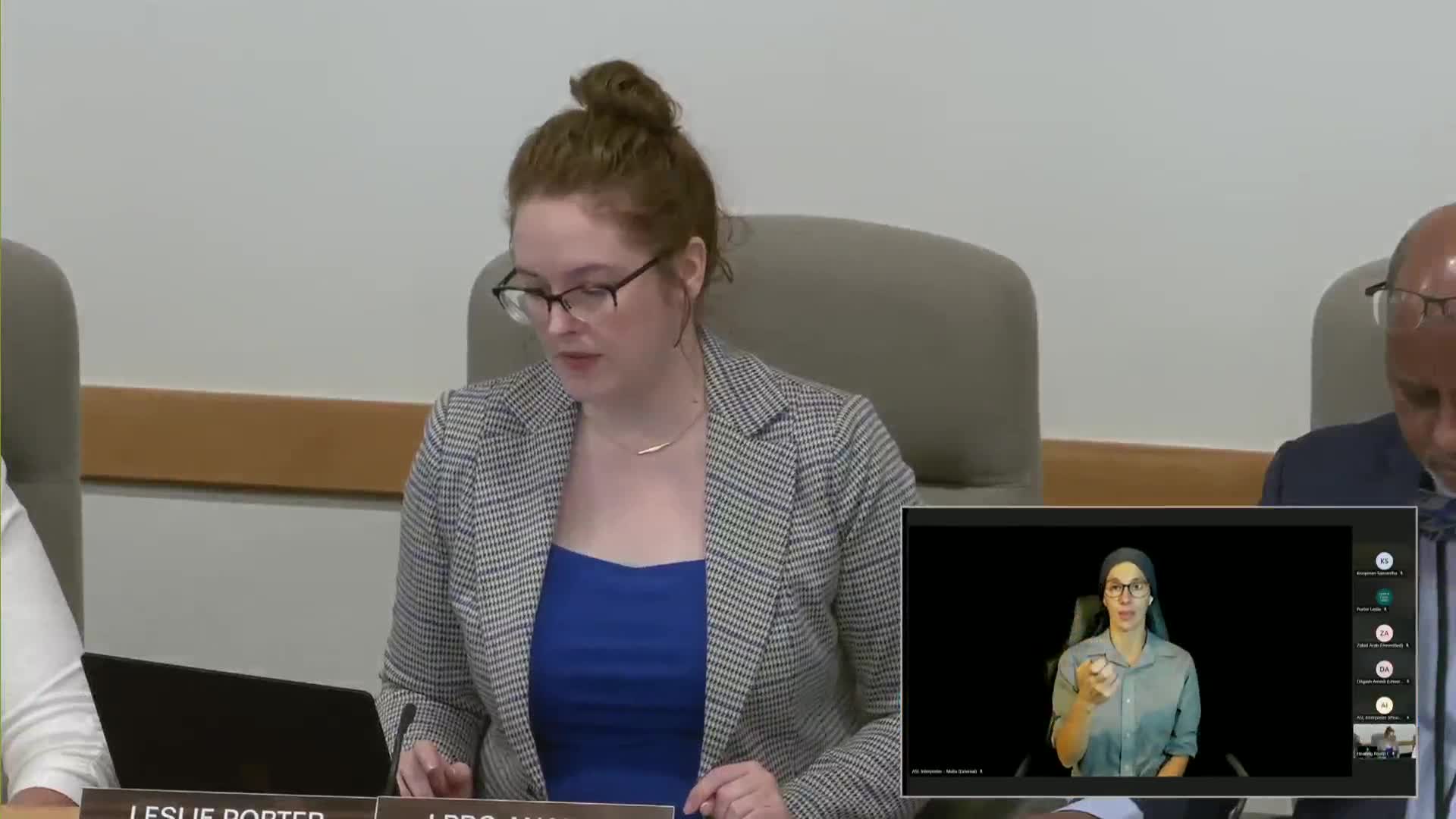
Senate committee advances resolution honoring Ralph Groner’s public service
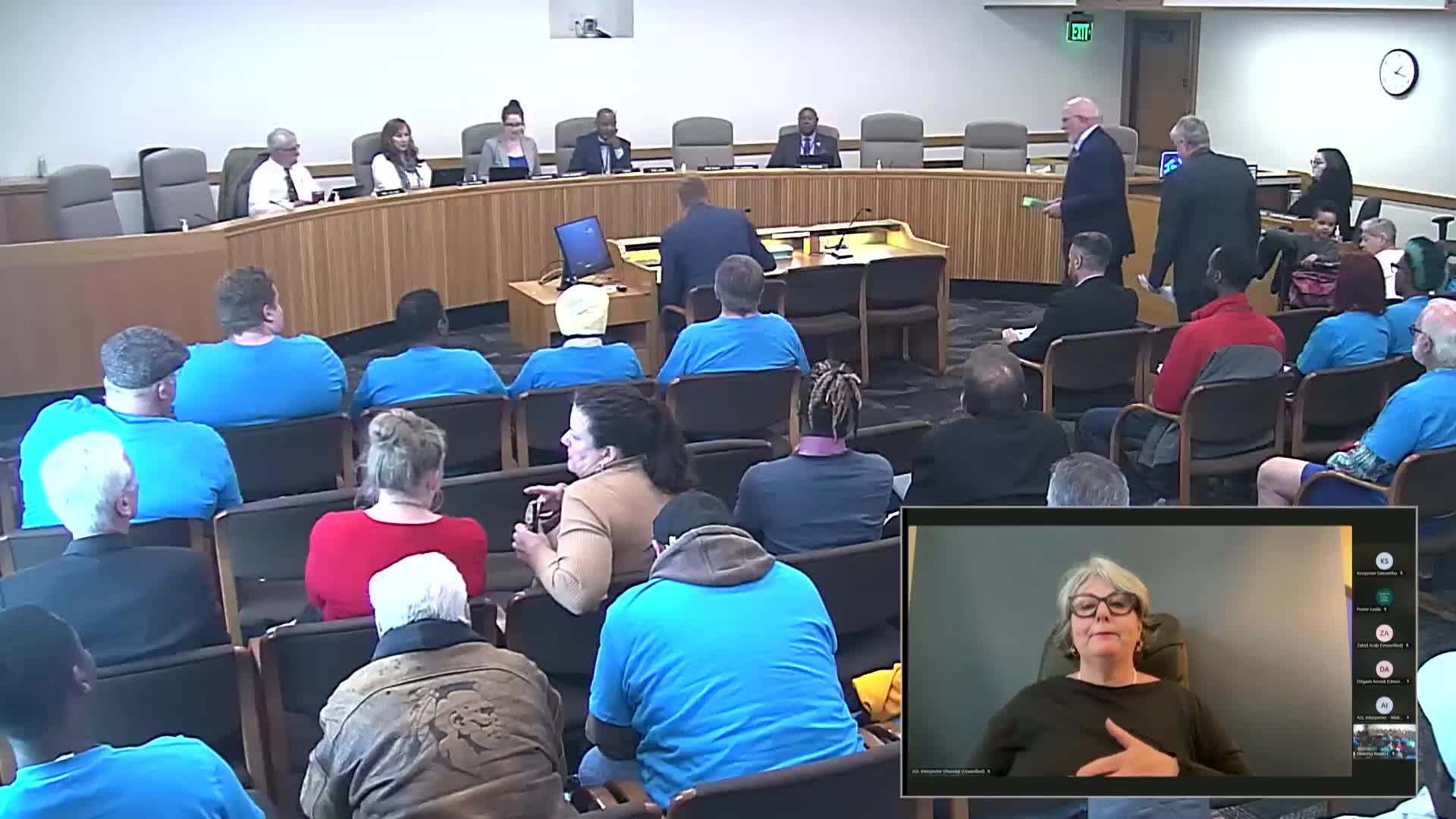
Committee backs resolution recognizing Friends of Timberline’s 50 years of stewardship of Timberline Lodge
